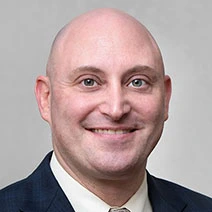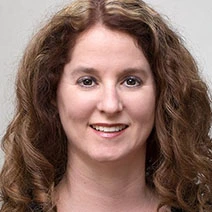Reprimand, fines for doctors disciplined by medical board
Three Austin doctors were among 70 physicians disciplined earlier this month by the Texas Medical Board, including two who are on board-imposed-probation and no longer practice medicine — but could again someday.
Dr. Daniel J. Di Bona was already serving a 10-year probation stemming from a substance abuse order and problems practicing because of side effects of medication and numerous medical problems, the board said. Di Bona voluntarily ended his internal medicine practice in March 2008 to safeguard the public, the order said.
The board said that Di Bona is on disability and that he requested a voluntary suspension “in lieu of further disciplinary proceedings” and to preserve other work options.
The suspension stays in force until he can demonstrate to the board that he can practice safely.
Di Bona’s current problems are medical, and “he hopes to regain his health and practice again,” said his lawyer, Michael Sharp of Austin.
The board issued a public reprimand and $1,000 fine to Dr. Emily Jane Sandbach, who practiced internal medicine but is teaching college-level biology. Sandbach was under a five-year probationary order in connection with an episode of depression in 2004, the board said. She failed to meet all of the terms of her probation, prompting the order.
Sandbach did not return a call left at her college office.
The board also ordered family practice doctor Richard John Wiseman to take’ a medical record-keeping course and pay a $1,000 fine for prescribing and dispensing a compounded thyroid hormone to a patient without proper labeling, record-keeping or a pharmacy license.
“This situation was simply an instance of providing patients easier access to specifically formulated compounded hormone medications, which are not readily available at most pharmacies,” Wiseman’s lawyer, Tony Cobos, said. “In the vast majority of states, physicians can in fact dispense medications from their office. Unfortunately, Texas is more restrictive in that regard, and Dr. Wiseman chose to resolve it (the board’s case) voluntarily rather than to expend fees and resources.”


